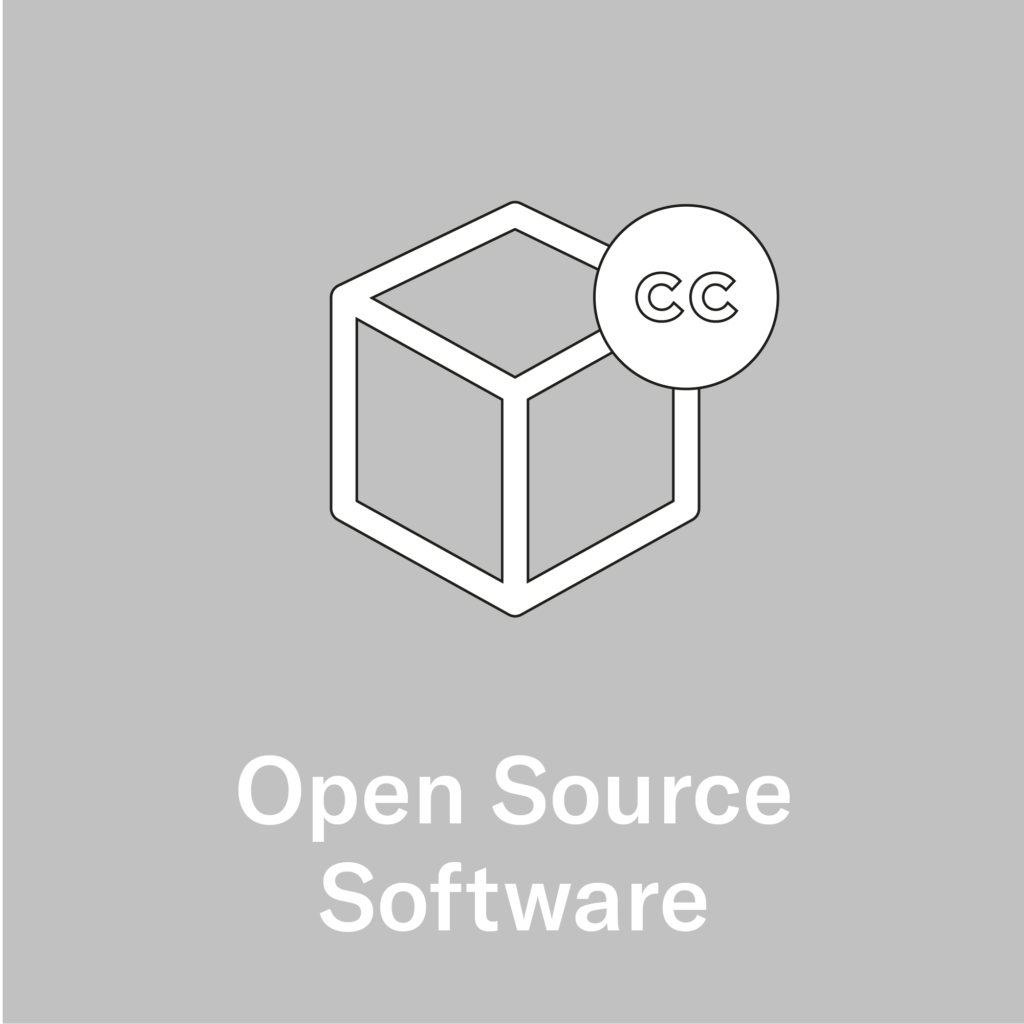Open source represents a development model and way for individuals, companies and communities to work together. Encouraging open source in an open mobility ecosystem might take the form of an organisation utilising open source software rather than proprietary software or contributing to open source repositories or resources. Some argue that open source has been an essential element driving forward progress in the computing landscape until now, enabling the creation of software ecosystems and new technologies. [1]
Free or open source software allows the broadest array of users to access, test, and develop novel add-ons to software code to meet unmet needs or increase a program’s capabilities. It also provides flexibility to change the software as needs or connected technologies develop, in contrast to vendor lock-in which occurs when the cost or complexity involved in changing software is too high for individuals or organisations to change providers despite its inadequacies meeting their needs.
Proprietary software |
Free software |
|
Direct profit |
Yes | No |
License costs |
Yes | No |
Delivery |
Binary code | Source and binary code |
Source |
Trade secret | Openly available |
Transfer |
Forbidden | Encouraged |
Amendment |
Forbidden | Allowed |
Developer |
Businesses | Communities, individuals, businesses |
New compilable |
No | Yes |
Proprietary software vs free software
[Adapted from: Saleck, T. 2005. Chefsache Open Source. Kostenvorteile und Unabhängigkeit durch Open Source. Vieweg; Germany.]
There are a number of open source licenses that can be applied to open source software or artistic works, which specify how it can be used by others. [2] They can contain limitations in use to varying degrees. For instance some licenses allow any types of modifications to be made to the code to create something new, even if the new code becomes a proprietary product. Conversely, the license might be copyleft in nature which provides that the code or work may be used, modified and distributed freely by others as long as anything derived from it is bound by the same conditions as the original code or source.
The initiative Public Money, Public Code is calling for any software developed by governments to be made publicly available under a Free and Open Source Software licence. [3] In line with this and as part of its technological sovereignty strategy, the Barcelona city administration is currently phasing out the use of proprietary software. This will be enabled by outsourcing IT projects to local small and medium sized enterprises and employing developers to build software programs for its own specific needs.
[1] Haff, G. (2018) How Open Source Ate Software. Apress. [2] For example, refer to Producing Open Source Software Best practice: [3] Public money, public code
